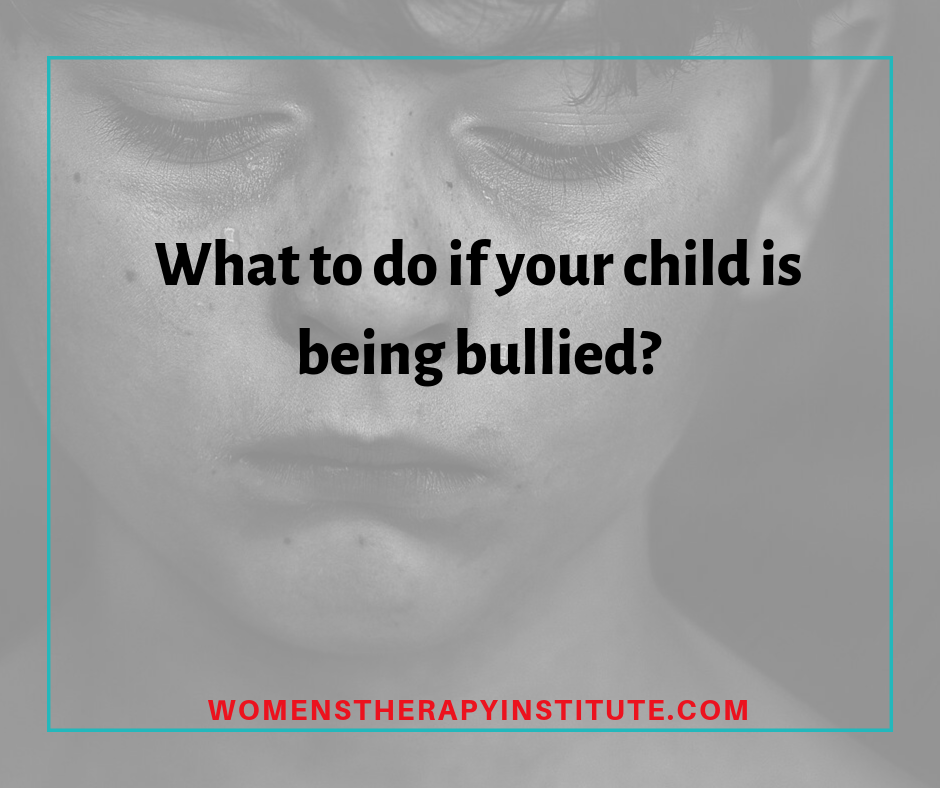
What to do if your child is being bullied?
Have you heard your child telling you that they are being bullied? Bullying has always been a very real problem for children, and with the advent of social media, the internet, and smartphones it is even more prevalent and hard to escape. Knowing your child is a victim of bullying is hard to swallow. You feel helpless as a parent. You want to listen, you want to teach them, you want to go to school yourself and pull that other kid by the hair and tell them to “LEAVE (your kid) ALONE!” But, unfortunately, that type of behavior will only end badly for you and your child.
So what do you do if your child is being bullied?
1.) Don’t assume — It can be easy as a parent to jump to conclusions. After all, you know your child, and you know he/she/they can sometimes be an instigator. They might have done something that has brought it on themselves. But, they could also just be the victim of some mean kids. We all know kids who are struggling with other issues but express those feelings in the form of bullying. Regardless, the most important thing you can do for your child is to LISTEN. Listen wholly, intently, to what they are saying.
2.) Pay attention to nonverbal cues — Your child might be the victim of bullying but they may not be telling you the whole story. Watch them carefully. If you see a change in their behavior, ask them about it. Open the door for conversation. For example, if your child is suddenly more withdrawn, doesn’t want to go to school, doesn’t want to ride the bus, isn’t eating lunch, etc. Ask them about it. You can’t help them if you don’t know they are hurting.
3.) Don’t go to the other kid — You are your child’s protector, so you want to go straight to the source and end the issues. But that is not usually what happens. Parents who go straight to the other child to confront them often make things more awkward and uncomfortable, increasing bullying, upsetting the other child’s parents. It also can lead to trust issues between you and your child.
4.) Involve the teacher — Your child’s teacher is your eyes when you aren’t around. They are also a neutral party. Tell the teacher what is going on and have them interject on their end. Sometimes the teacher can involve a social worker or peer-to-peer workshops to solve these issues.
5.) Problem-solving with your child — Come up with a solution that works for your child. Maybe it involves sitting with another group of kids at lunch. Maybe it is switching seats on the bus. Talk to them (and check out tomorrow’s blog post for tips on how to help your child).
6.) Identify a safety zone — Your child spends a lot of time at school. They need a safety zone if they feel hurt, scared, sad, unsafe, etc. This can be a school social worker, school nurse, administrator, a trusted teacher, an older sibling, etc. Get the other party on board so they know what to do if your child comes to them and gives them an outlet to find help when they need it.
Bullying can have long-term effects on a child, but as a parent being there and problem-solving together can teach them valuable lessons. Involving a licensed counselor can also help a child (and parent) to develop healthy coping skills and solutions.
